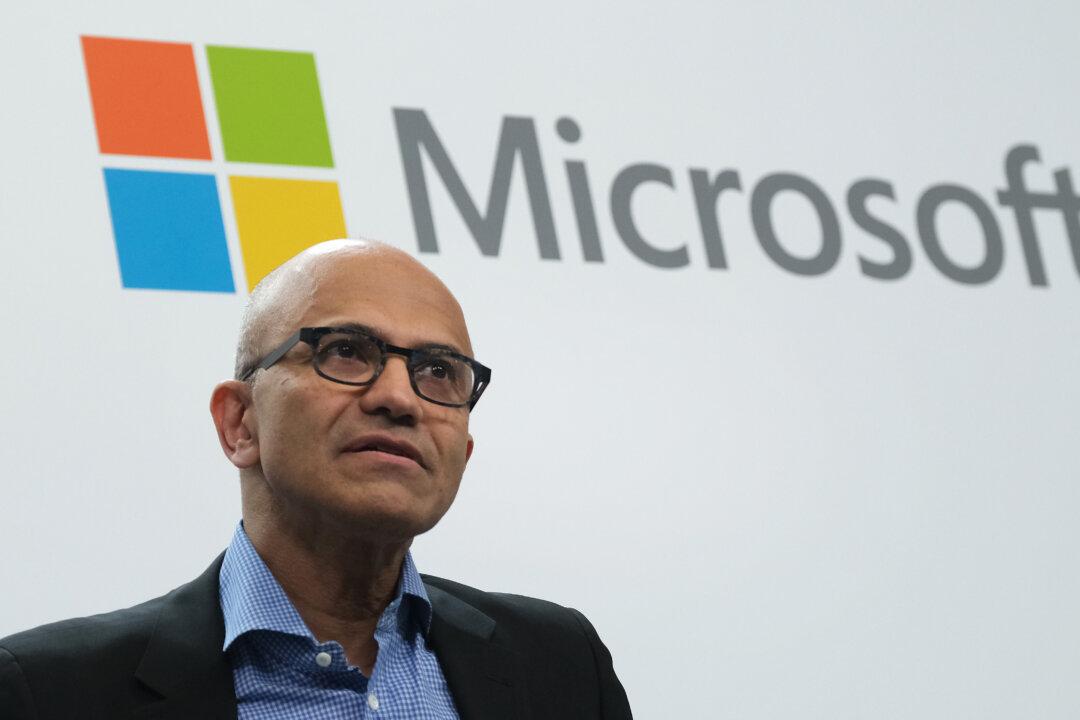Microsoft is calling on the United States to adopt Australia’s media payment law.
In a blogpost, Microsoft President Brad Smith wrote that Australia’s News Media Bargaining Code “deserves serious consideration” and that the United States should not object to the law, but “copy it instead.”





